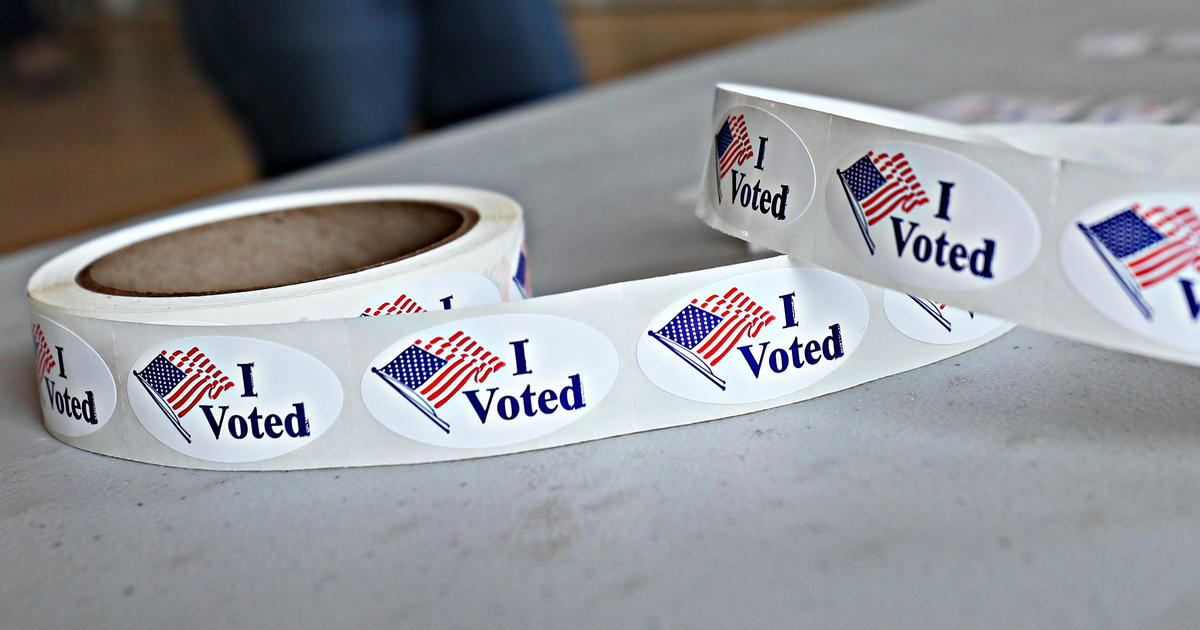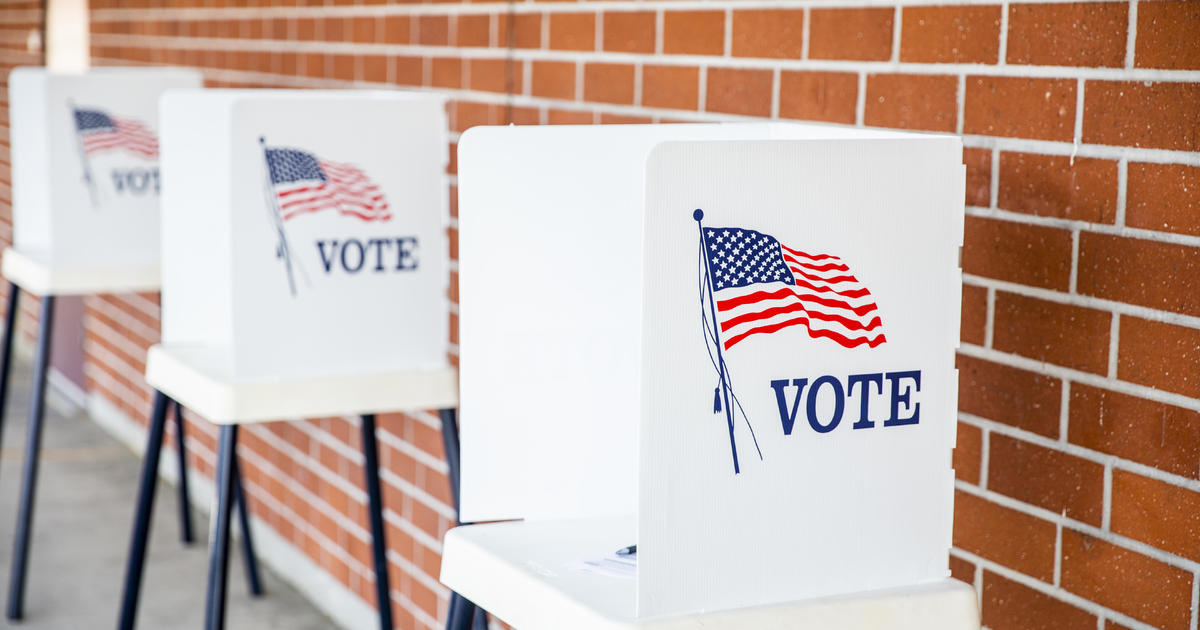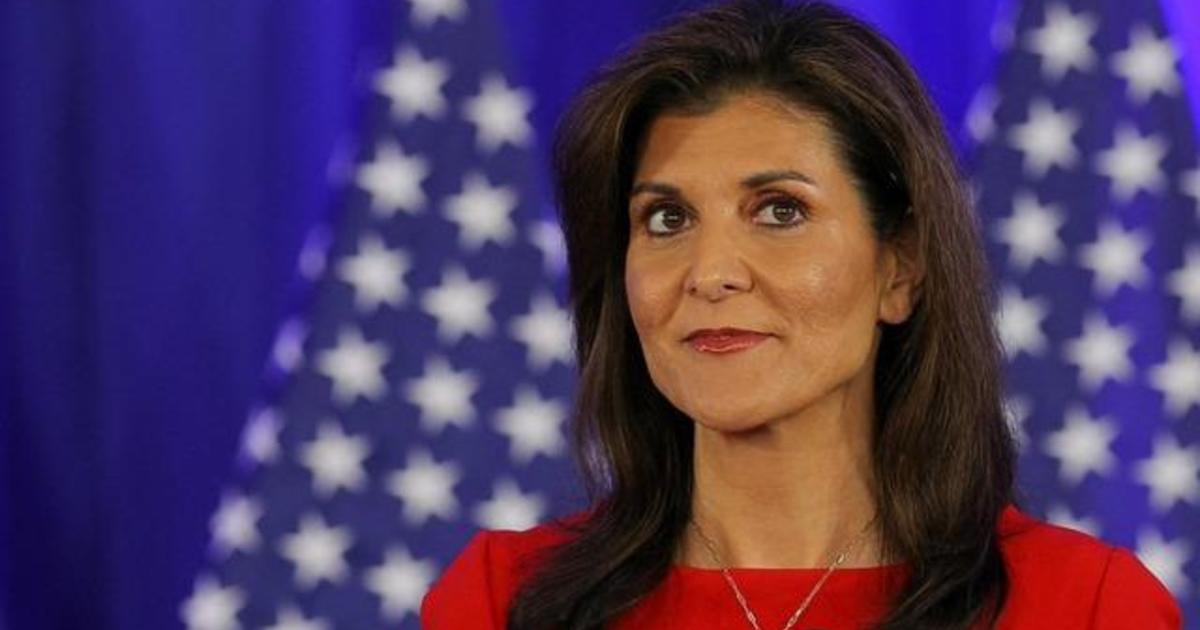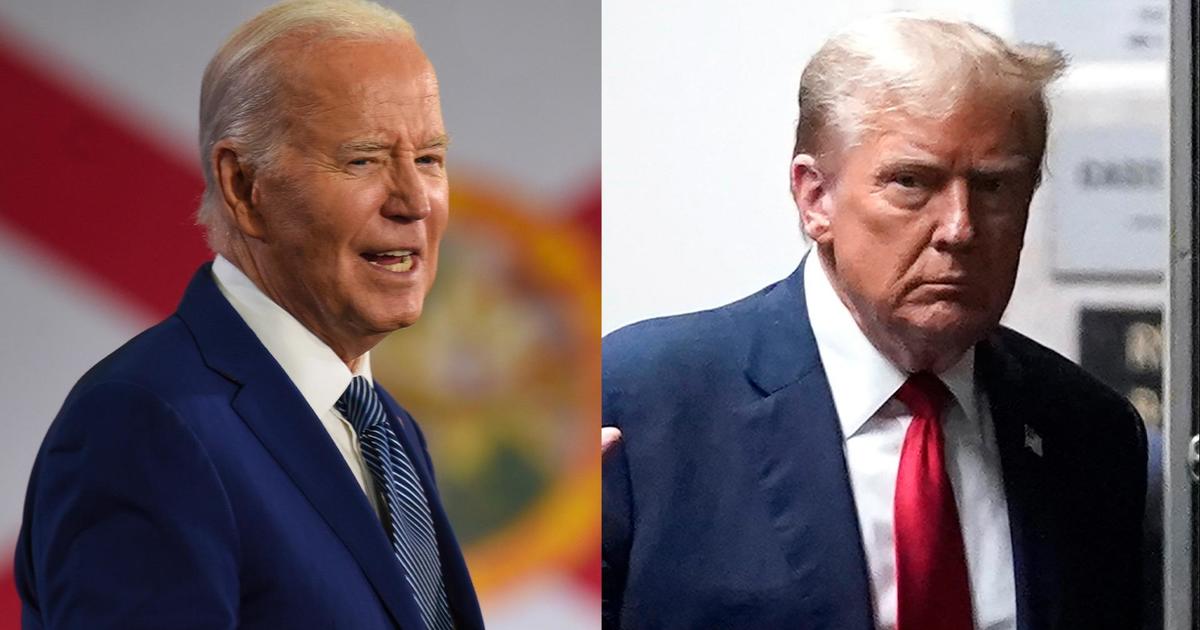Former party leaders say it's time to let independents vote in primaries
PITTSBURGH (KDKA) -- Pennsylvania is one of the few states left that do not allow registered independent voters to participate in the primary election.
There are now efforts to change that.
Only nine states, including Pennsylvania, have what are called closed primaries, where only registered Republicans can vote in the Republican primary and registered Democrats in the Democratic primary. Nobody else votes.
"It's painful both personally and politically that we help pay for these public elections but are barred from participating," Jennifer Bullock, chair of Independent Pennsylvanians, told KDKA-TV on Monday.
Bullock is one of the state's more than 900,000 unaffiliated independent voters. She said her taxes pay part of the $20 million primary election costs, but she cannot vote.
"It's a classic taxation without representation," she said.
Sen. Dan Laughlin, R-Erie, introduced Senate Bill 690 to allow independents to vote in whichever party primary they wish.
"You'd have to pick one ballot or the other," Laughlin said. "So basically I think the easiest way to think of it is you would temporarily be a Republican or Democrat, walk in and ask for that ballot, and then you would vote within that primary structure."
But some leaders in both parties worry that independents will not pick the best Republican or Democratic candidate as that party's nominee.
"You could have folks encouraging independents to vote for somebody who might be the least electable candidate," said Sam DeMarco, chair of the Allegheny County Republican Party.
DeMarco said he supports the current system, saying independents are not being disenfranchised.
"If an independent wants to vote in a primary election, they have the easy choice of just going online, changing their registration in the primary to either Republican or Democrat, voting," he said. " If they want to change it back, so be it."
But some former party leaders want to see an end to Pennsylvania's closed primary.
"That represents a lot of things," said TJ Rooney, former Democratic state party chair. "It represents unfairness, first and foremost. It also represents taxation without representation. These men and women are paying for this election. They ought to at least have the ability to participate in it."
Rooney said he supports letting independents vote in the Democratic primary, while former Republican state party chair Alan Novak also would allow independents to vote in the Republican primary.
"Frankly, I think it's the smart thing to do," Novak said. "It's the smart thing to do for candidates, for campaigns, and, frankly, I would argue for the parties, for the political parties."
Novak and Rooney agree that in close elections, independents decide the winners, so let them help select the nominees.
"I think messaging would improve, and I think turnout would improve, and I think excitement would improve," Novak said.
Some say the current closed primaries increase the influence of extremists in both parties.
"I do believe that moderation is necessary for us to move the ball forward as Democrats and Republicans," Rooney said. "At the end of the day, in order to do good things and big things, we need to be able to work together."
Nothing will change before next month's May 17 primary, but there's still time for independents to go online and register to vote in whatever party primary they wish.




